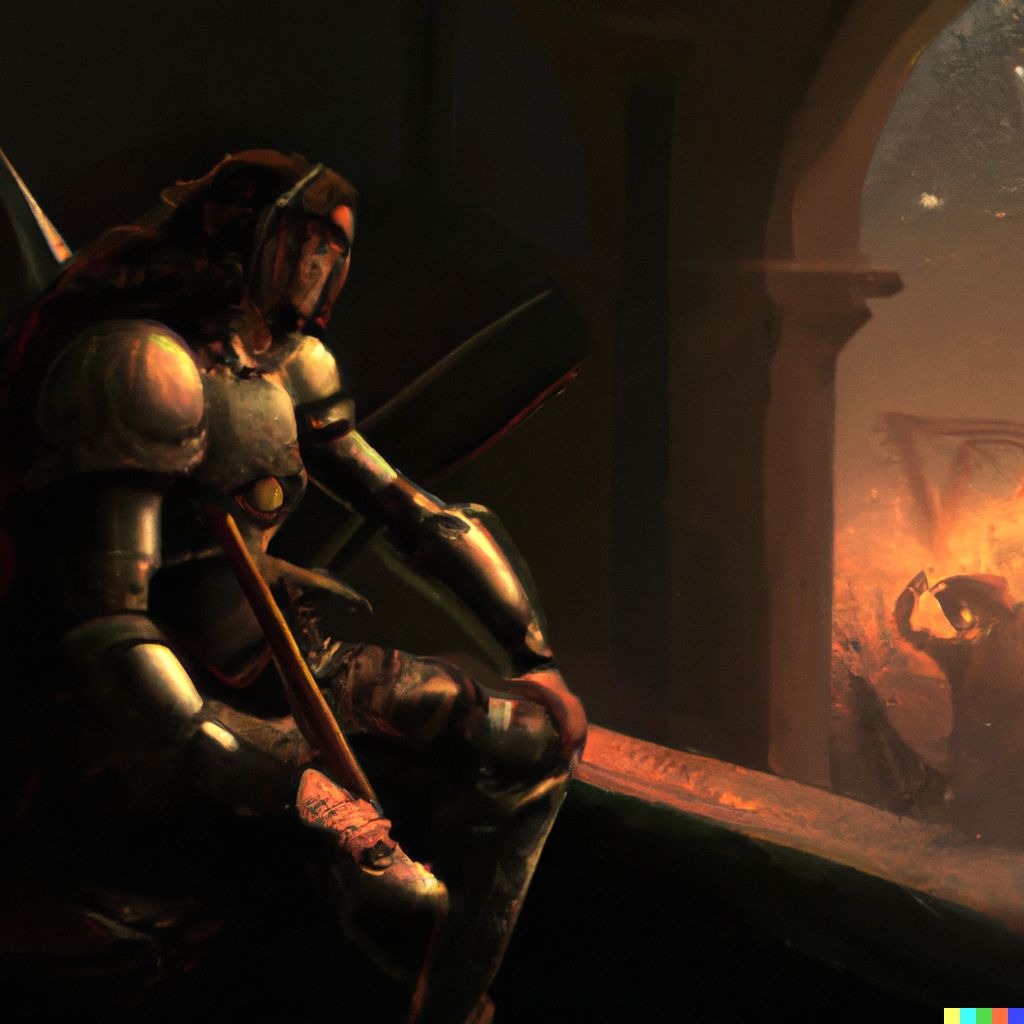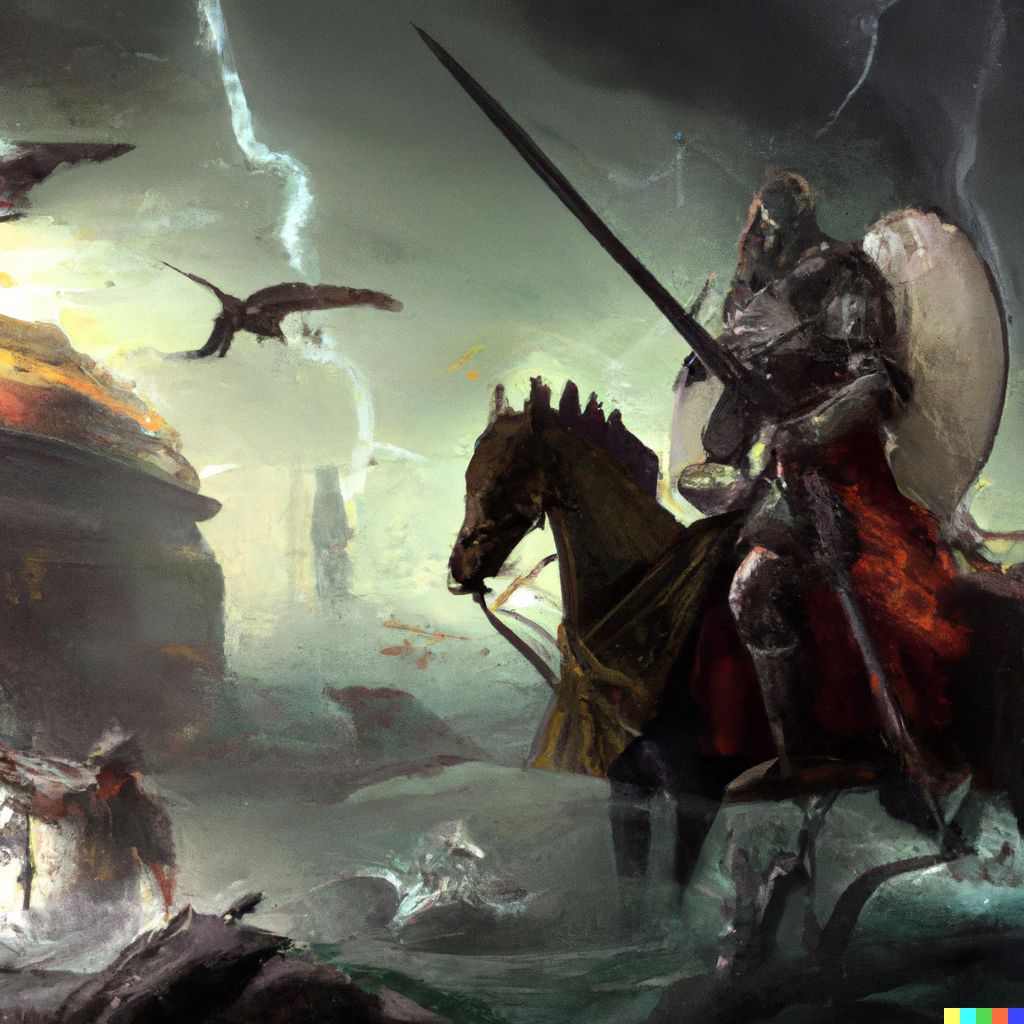
The Greco-Persian Wars, fought between 499 BC and 449 BC, was one of the most significant conflicts in ancient history. It involved two very different civilizations: the fledgling city-states of Greece and the expansive Persian Empire. This epic struggle set the stage for the Western world's development and had lasting effects that can still be felt today.
The Spark: The Ionian Revolt
In 499 BC, the Greek city-states in Ionia (modern-day Turkey) under Persian rule rose in rebellion against their Persian overlords. The Ionian Revolt, as it came to be known, was a response to heavy taxation, lack of political freedom, and perceived cultural dominance by the Persians. This uprising, despite its eventual failure, was the spark that ignited the Greco-Persian Wars.
The Invasion of Greece
Incensed by the Ionian Revolt and the Greeks' audacity in supporting it, Persian King Darius I launched an invasion of mainland Greece. His intent was to quash the nascent democracy in Athens and expand his empire. The first significant engagement, the Battle of Marathon (490 BC), ended in a surprising victory for the Greeks and marked the first blow to Persian imperial ambitions.

The Second Persian Invasion
Undeterred, Darius' son and successor, Xerxes I, launched a second, more extensive invasion in 480 BC. The Battle of Thermopylae, fought in a narrow mountain pass, saw a small Greek force led by Spartan King Leonidas hold off the vast Persian army for three days before being outflanked. Despite their eventual defeat, the Greeks at Thermopylae bought precious time for the Greek city-states to prepare their defense.
The subsequent naval Battle of Salamis saw another surprising Greek victory and proved a turning point. It was followed by the Battle of Plataea (479 BC), which marked the end of the Persian offensive in Greece.
The Delian League and the End of the Wars
Following these battles, the Greeks sought to push back against Persian influence in the Aegean and Ionia. Athens led the formation of the Delian League, an alliance of Greek city-states aiming to liberate eastern Greeks from Persian rule. Over the next few decades, they made significant gains, reducing Persian influence in the region.
Historians often refer to the Peace of Callias (449 BC) as marking the formal end of the Greco-Persian Wars. However, its existence and terms remain a subject of debate among historians.
The Lasting Impact
The Greco-Persian Wars' impact was profound. They marked a halt to the Persian Empire's westward expansion and allowed the Greek city-states to flourish. This period saw the rise of Classical Greece, which greatly influenced Western politics, philosophy, science, and arts. The wars also showed the world that the Persian Empire was not invincible, setting the stage for later conflicts, including Alexander the Great's campaigns.

In conclusion, the Greco-Persian Wars were not just battles between two powerful forces. They were a clash of cultures and ideas, of autocracy versus democracy, and of the old versus the new. These wars ultimately shaped the course of Western civilization, leaving an indelible mark on the world's historical tapestry.
